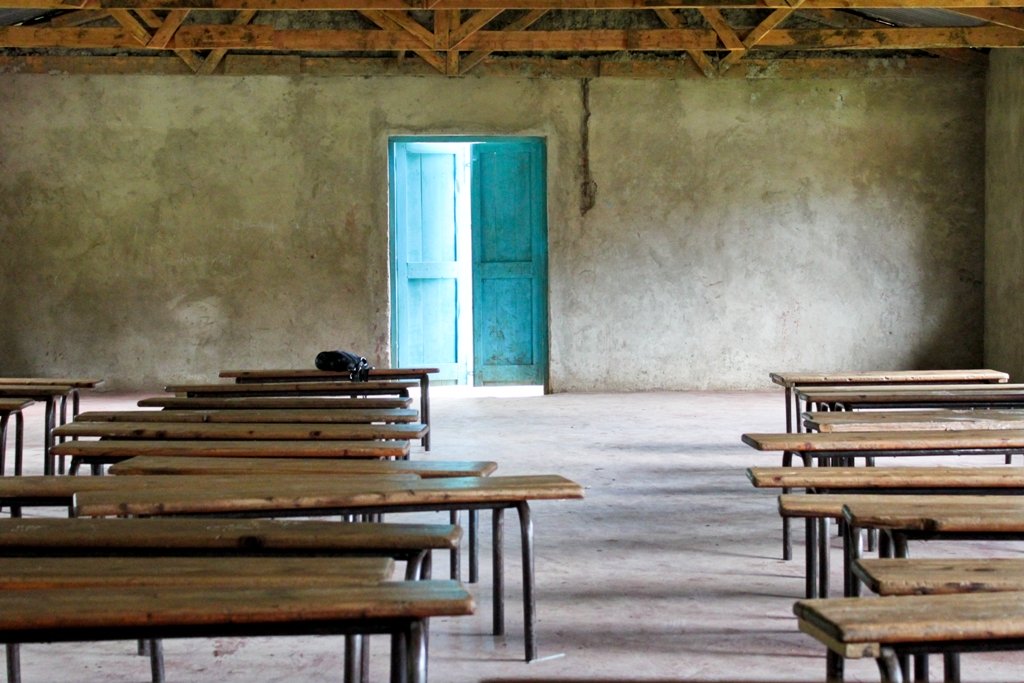
In an attempt to deflect the ridicule coming his way, the minister announced that no new buildings are to be built unless they fulfil the basic criteria for population levels and likely enrollment — but there was no announcement about the termination of salary payment to ghost teachers which must take a sizeable slice from the education budget. Part of the problem appears to be political, with a former education minister allegedly denying the establishment of schools in PPP-dominated areas, making a nonsense of the ‘education for all’ slogan and demonstrating a wilful and possibly criminal neglect of the education of thousands of children. A survey is to be conducted as to how many ‘surplus’ schools there are and some may be moved to other areas, others auctioned. But the damage has been done and there is no quick fix. Moreover, there will also most likely be a resistance to measures to fix this situation, but this must be done to root out corruption and inefficiency in the education sector and do away with the culture of neglect.
Published in The Express Tribune, February 12th, 2014.
Like Opinion & Editorial on Facebook, follow @ETOpEd on Twitter to receive all updates on all our daily pieces.












COMMENTS
Comments are moderated and generally will be posted if they are on-topic and not abusive.
For more information, please see our Comments FAQ